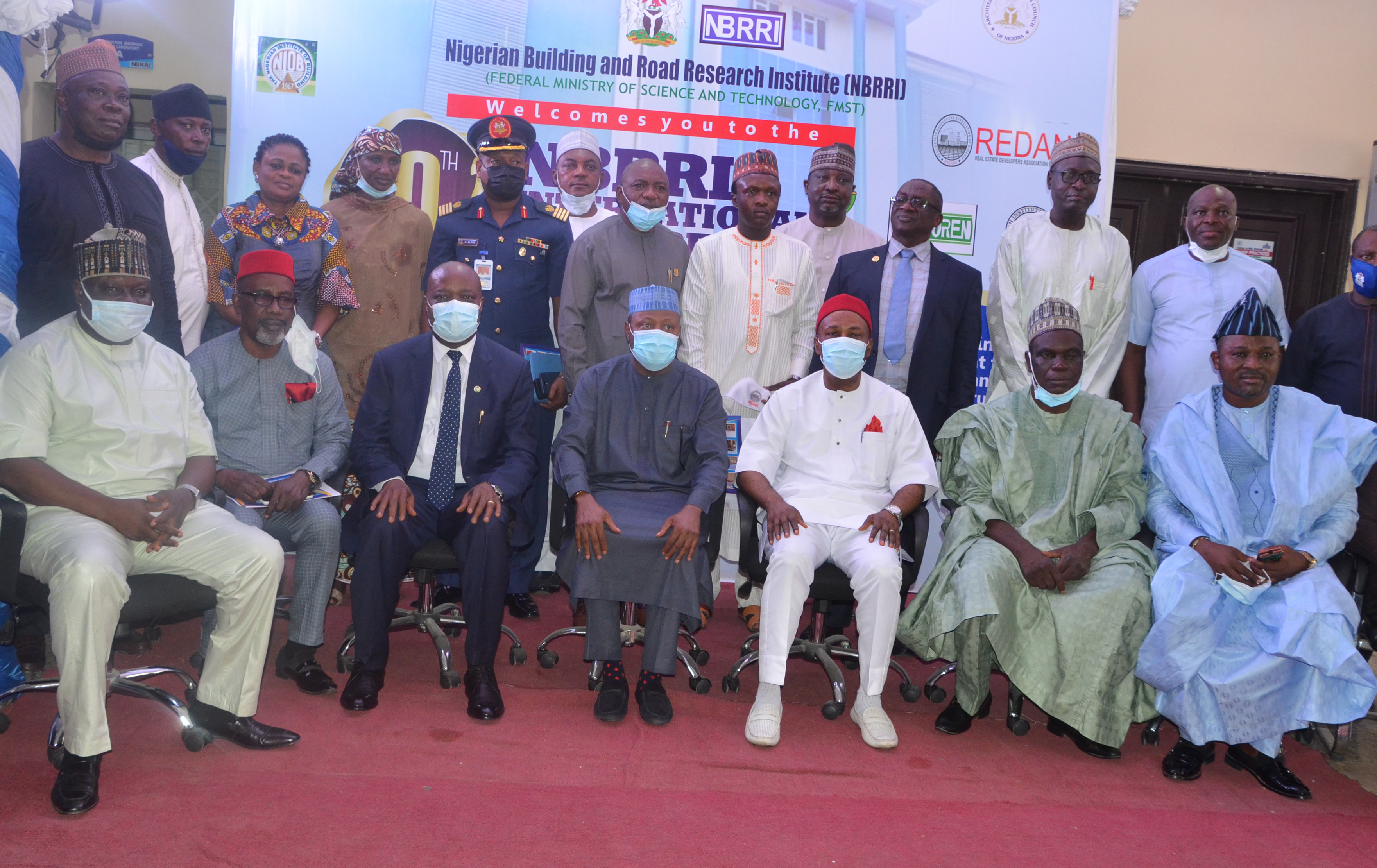Business
CBN’s PMI Shows Improvement In Manufacturing Sector

The latest Purchasing Managers Index (PMI) in manufacturing and non-manufacturing sectors by the Central Bank of Nigeria (CBN) showed that there was general improvement in the sectors in February.
According to the personal statements of members of the Monetary Policy Committee (MPC) released by the CBN, the CBN Governor, Godwin Emefiele, disclosed that the PMI rose in February.
“The employment level index component of the manufacturing and nonmanufacturing PMIs also improved moderately in February 2021 to 45.6 and 48.0 index points, compared with 44.2 and 45.0 index points, respectively, in the previous month,” he said.
A member of the MPC, Sanusi Rafindadi, said the CBN’s Purchasing Managers Indices suggested that there were improvements in both manufacturing and non-manufacturing activities between January 2021 and February 2021.
According to him, “For instance, the manufacturing PMI increased from 44.9 in January 2021 to 48.7 index points in February 2021. The non-manufacturing PMI, which stood at 43.3 in January 2021, increased to 48.7 index points in February 2021.
“These increases in the PMIs reflect increased economic activities as the Covid-19 restrictions were eased, as well as increases in client demand and sales”.
He said that available data from the National Bureau of Statistics (NBS) showed that Nigeria exited the recession, having recorded a positive output growth (year-on-year) of 0.11 per cent in the fourth quarter of 2020.
Although marginal and fragile, he said the V-shaped recovery, which was the aim of the sustained unprecedented fiscal and monetary policy support, was a welcome development.
Rafindadi said the output recovery was driven by the agricultural and service sectors, which grew by 3.4 per cent and 1.31 per cent in Q4 2020 from 1.39 per cent and -5.49 per cent in Q3 2020 respectively.
Industry, however, contracted for the third consecutive quarter by 7.3 per cent in Q4 2020, reflecting the fragility of the recovery.
While the growth of agriculture was driven by crop production which grew by 3.68 per cent, he said that of the service sector was driven by ICT, which grew by 14.7 per cent in Q4 2020.
According to him, this positive economic performance was supported by the availability of liquidity as economic activities resumed following the re-opening of the economy from the Covid-19 lockdown.
Business
Fidelity Bank To Empower Women With Sustainable Entrepreneurship Skills, HAP2.0
Business
President Tinubu Approves Extension Ban On Raw Shea Nut Export
Business
Crisis Response: EU-project Delivers New Vet. Clinic To Katsina Govt.
-

 Education4 days ago
Education4 days agoElga boss tasks law students on academics strides
-

 News1 day ago
News1 day agoAmend Constitution To Accommodate State Police, Tinubu Tells Senators
-

 Politics1 day ago
Politics1 day agoSenate Urges Tinubu To Sack CAC Boss
-
Business1 day ago
President Tinubu Extends Raw Shea Nuts Export Ban To 2027
-

 News1 day ago
News1 day agoDisu Takes Over As New IGP …Declares Total War On Corruption, Impunity
-
Business1 day ago
Crisis Response: EU-project Delivers New Vet. Clinic To Katsina Govt.
-

 Business1 day ago
Business1 day agoPENGASSAN Rejects Presidential EO On Oil, Gas Revenue Remittance … Seeks PIA Review
-
Business1 day ago
FG Pushes Cassava Bioethanol Drive To Boost Industrial Growth

